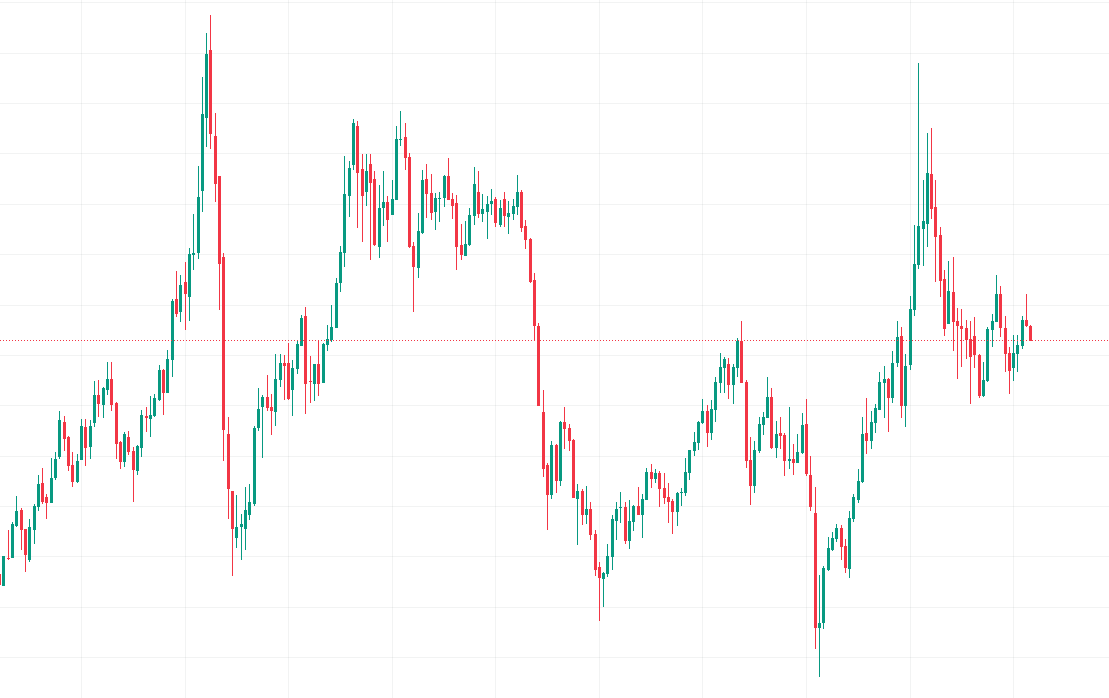Featured
Stock Market

Introduction The investment community has long been engrossed in the debate over whether it is more advantageous to invest...
Stocks

16 June 2024
0 comment
Introduction Intraday trading, also known as day trading, is an investment strategy where...

14 June 2024
0 comment
Introduction Investing in the stock market can seem daunting, especially when trying to...

10 June 2024
0 comment
Introduction Investing in the stock market can be a thrilling yet daunting experience,...

31 May 2024
0 comment
In the world of investing, the term “multibagger” is often used to describe...
Cryptocurrency

Why Countries Fear to Regulate Cryptocurrency
20 June 2024
0 comment
Introduction Cryptocurrency, a digital or virtual currency that employs cryptography for security, has revolutionized the financial landscape since...

Total more than 9000 cryptocurrencies available in the market. You may have many questions in your mind regarding...

10 Popular Cryptocurrency
14 May 2024
0 comment
Certainly! Let’s delve into the fascinating world of cryptocurrencies. These digital assets have revolutionized finance and investment, offering...
Latest Posts

How to Manage Your Finances
12 July 2024
0 comment
Introduction Managing your finances effectively is essential for achieving a stable and prosperous life. Financial management encompasses a range of activities, from budgeting and saving to investing and planning for retirement. By taking control of your financial situation, you...
Personal Finance


How to Manage Your Finances
12 July 2024
0 comment
Introduction Managing your finances effectively is essential for achieving a stable and prosperous life. Financial management encompasses...

Introduction In the realm of modern finance, the practice of maintaining multiple trading accounts has become increasingly...

The stock market is a dynamic and often unpredictable environment where fortunes can be made or lost...

In today’s rapidly evolving financial landscape, peer-to-peer (P2P) lending has emerged as a powerful alternative to traditional...

Government-backed loans are a powerful tool for homebuyers and entrepreneurs. These loans can make homeownership more accessible...

How to Manage a Portfolio in Tough Times
24 June 2024
0 comment
In times of market downturns, the importance of effective portfolio management cannot be overstated. Economic turbulence and...

Choosing the best loan term for your financial situation is crucial for managing your debt effectively and...

The Role of Collateral in Securing a Loan
21 June 2024
0 comment
Introduction In the world of lending, collateral often plays a critical role in securing loans. Whether you’re...
Trading Psychology

8 July 2024
0 comment
Introduction As the market opened that Monday morning, I sat at my desk, eyes glued to the multiple screens displaying...

6 July 2024
0 comment
Introduction In the dynamic world of trading, the role of emotions is often underestimated. Emotions significantly influence decision-making processes, impacting...

4 July 2024
0 comment
Introduction In the fast-paced world of trading, where market dynamics can shift in a matter of seconds, the role of...

2 July 2024
0 comment
The stock market is a dynamic and often unpredictable environment where fortunes can be made or lost in a matter...
Trading Lifestyle
Credit Card
Technology
Trading Strategy

How to Manage a Portfolio in Tough Times
24 June 2024
0 comment
In times of market downturns, the importance of effective portfolio management cannot be overstated. Economic turbulence and...






